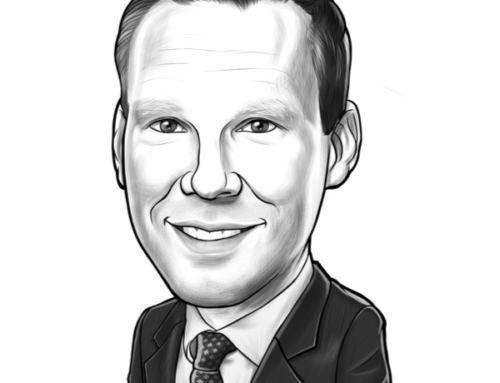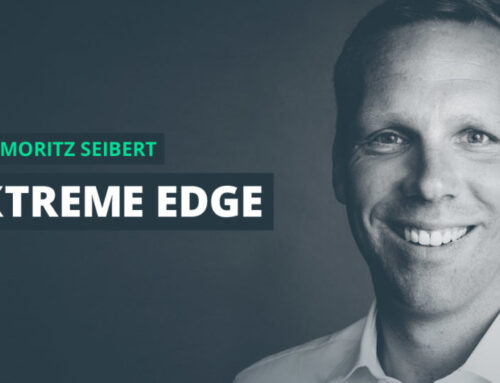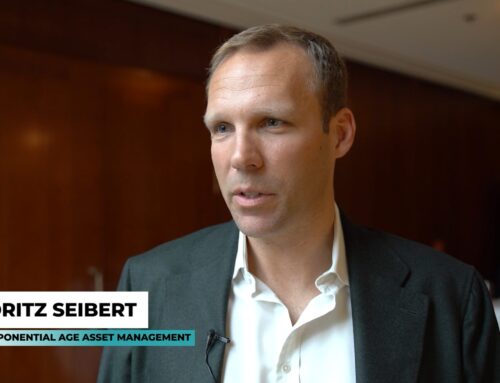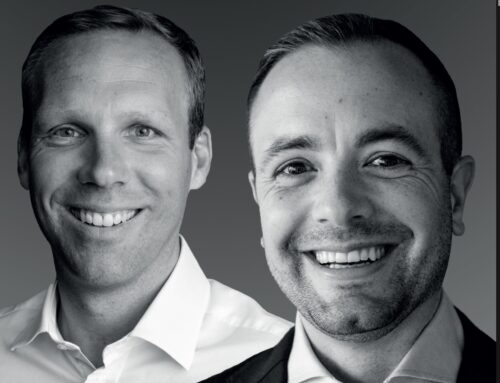Today, I’d like to write about a really good friend of mine. His name is Alf.
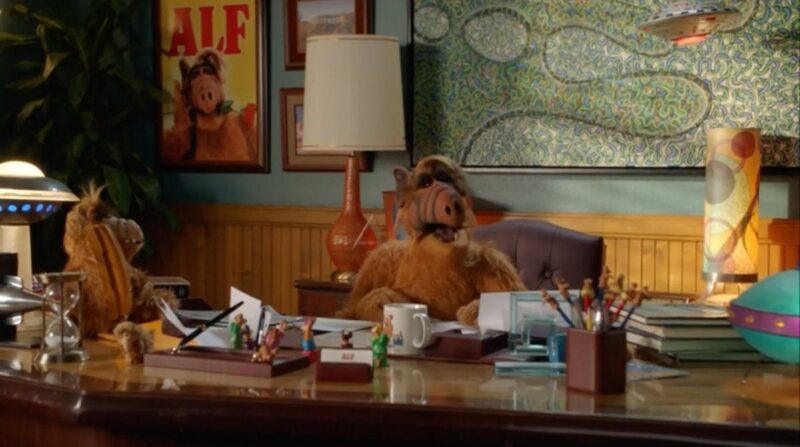
Well, not quite. It’s Alf but with an additional “R” at the front.
Ralf.
If you are a trader you may already have heard of Ralf. That’s because Ralf is a really great speculator, one of the best.
However, if you don’t know him, it’s my pleasure to introduce you to him through this blog post. Here’s some background:
- Nobody knows his exact age, but he’s got a lot of experience trading the markets (many decades).
- He’s been “around the block” and has the scars (drawdowns) to show it.
- He’s been kicked many times, out of the blue and from behind, but always got back on his feet again.
- Ralf has a positive mindset about pretty much everything in life.
- He doesn’t give much about the daily newsfeed and the daily noise of the media. Rater, he zeros-in on the facts.
- He’s not full of himself despite his trading success. He’s even-keeled.
- Ralf is always eager to learn and get better. He’s not lazy and puts in the work.
Why is he so good? Unsurprisingly, he follows a trading approach that’s underpinned by edge and his way of trading suits his personality. But there’s more.
A very important element of his trading success is that he (1) allows himself to make mistakes and (2) is handling these mistakes extremely well.
First, Ralf is able to distinguish process and outcome. Good, process-driven trades may lose money (not a mistake), while bad trades can end up making money (a mistake with a lucky outcome). Ralf is able to recognize bad trades when they happen, for instance:
- impulsive/impatient trades
- trades with too much risk (no stop loss or exit in place)
- trades which cause anxiety because they are sized too large
- trades which do not have edge, i.e., trades which happen outside of the established trading approach
Second, in addition to recognizing bad trades, Ralf is also capable of admitting that the mistake is on 100% him and 0% on others. He’s only got himself to blame. Admitting mistakes is important because
- it allows Ralf to close the position rather than cling to it. When you cling to a bad trade, is turns into a “hope trade” (and that’s really bad)
- closing a bad trade puts Ralf in a position to move on. It allows him to refocus on his edge and trading process
- prevents him from getting trapped in a “blame-somebody-else” spiral which would eat into his emotional capital and switch his mindset from positive to negative (which increases the risk of making more mistakes)
- it creates space for improvement
Third, once Ralf has admitted that he owns the mistake, he aims to get something positive out of it. Bad trades can have positive side effects, but only if one is willing to analyze what has happened. Ralf never puts a bad trade under the carpet. On the contrary, he embraces failure as valuable feedback, essentially saying to himself that “a mistake is a terrible thing to waste” and strives to learn from it so that, ideally, the same error doesn’t happen again. It’s like Larry Hite said: “Make a mistake every day, but every day a new one.” Replaying and analyzing trading mistakes is important because
- it allows Ralf to drill down to the origin of the mistake. Why did the bad trade happen? What exactly triggered it?
- it starts a process of self-reflection
- it allows Ralf to more easily come to terms with the mistake if he can get to a point, through learning, where he knows that it is now much less likely that he’ll commit the same error again in the future
Finally, Ralf understands that what’s done is done and that he needs to let go and look forward. In other words, he needs to file the bad trade away – file it to the “mistake graveyard” and then move on to do the next 1,000 trades which are part of the established trading approach. However, Ralf also understands that filing the bad trade away is different to forgetting about it. It’s about getting back to a clear and focused mind. Ralf knows that he needs to bury the mistake because
- never-ending walks down “mistakes memory lane” eat up a lot of emotional trading capital (and maybe all of it)
- it enables him to concentrate on the upcoming trades (which now are the only trades that matter)
- it allows him to keep his positive, calm and centered mindset
- it improves his overall life
Meet Ralf – a trader’s lifelong friend.
- Recognize
- Admit
- Learn
- File
#happytrading

